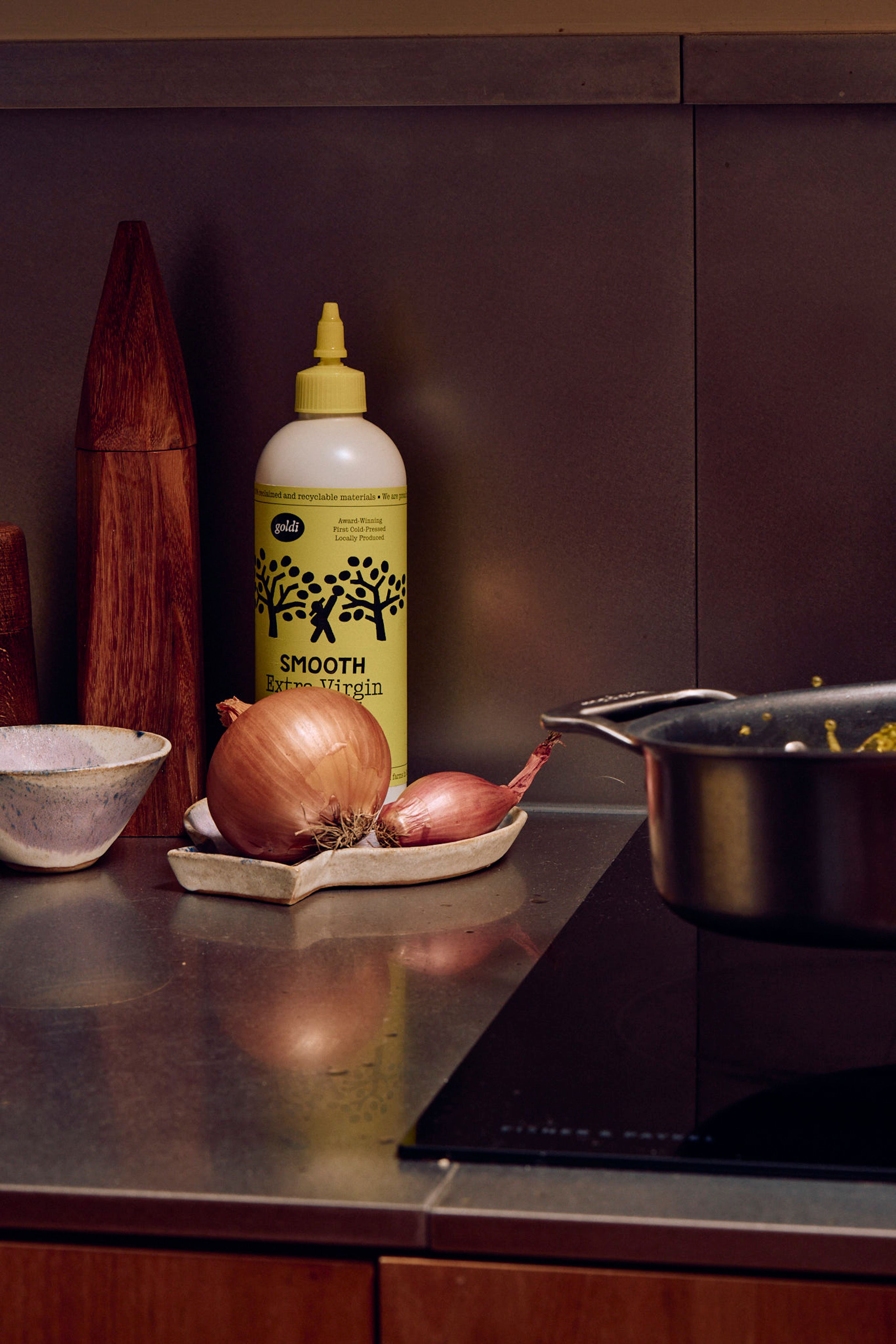The Benefits of Home Cooking in a Cost of Living Crisis

In today’s world, where the cost of living is on everyone’s mind, making the choice to cook at home can be a smart financial move. We join Olivia Swan, Accredited Practising Dietitian, to dive into the benefits of home cooking, especially when every dollar counts, and how you can make it work in your busy life.
Save Money While Enjoying Your Food
With rising food prices and inflation affecting everything from groceries to dining out, sticking to a budget can be tough. Cooking at home gives you full control over what goes into your meal and how much you spend. Instead of paying restaurant markups, you can prepare delicious, healthy meals for a fraction of the cost. Plus, the process of planning, shopping for ingredients, and cooking your meal makes you more connected to your food, which can boost your appetite and overall enjoyment. Research even shows that the aromas of home-cooked meals can enhance your anticipation and satisfaction.
Eat Seasonally and Save
Opting for seasonal and local ingredients is a savvy way to maximise both flavour and savings. Seasonal produce is typically less expensive because it’s more abundant and doesn’t incur the extra costs of out-of-season transportation. Local markets, greengrocers, and farmers' markets often offer fresher, higher-quality produce at lower prices than big chain stores. Many local vendors are open to haggling or offering bulk discounts, which can stretch your budget even further. By choosing local, you’re not only saving money but also supporting your community and reducing the environmental impact of long-haul food transport.
Stretch Your Budget Further with Smart Planning
While it might seem that cooking at home could be costly, especially with rising grocery prices, a little strategic planning can keep expenses low. A Forbes study found that dining out is more than four times as expensive as preparing a meal at home. To keep your grocery bill manageable, try shopping during sales, buying in bulk, and making a meal plan for the week. By planning your meals, you can avoid impulse buys, reduce food waste, and make the most of your ingredients. Batch cooking and freezing portions for later can also save time and money, ensuring you always have a home-cooked meal on hand without the temptation of expensive takeout.
Cooking at home might take a bit more effort, but with careful planning and a focus on seasonal, local ingredients, it’s a cost-effective way to eat well and enjoy your meals, even in tough economic times.
Get Creative and Cut Costs
To make home cooking more affordable, try getting creative with your ingredients. Use what you already have in your pantry and fridge before buying new items. Incorporate inexpensive, versatile staples like beans, lentils, and grains into your meals. These can be used in a variety of dishes and are great sources of protein and fiber. Also, consider making large batches of meals and freezing leftovers for quick, cost-effective meals later on. By utilizing these strategies, you can maximize your food budget and minimize the impact of rising living costs.
Sources
- Zoon HF, de Graaf C, Boesveldt S. Food Odours Direct Specific Appetite. Foods. 2016 Feb 22;5(1):12. doi: 10.3390/foods5010012. PMID: 28231107; PMCID: PMC5224573.
- Here's How Much Money You Save By Cooking At Home. Priceonomics Former Contributor, Jul 10, 2018.
- Nelson JB. Mindful Eating: The Art of Presence While You Eat. Diabetes Spectr. 2017 Aug;30(3):171-174. doi: 10.2337/ds17-0015. PMID: 28848310; PMCID: PMC5556586
- Natasha S. Hepworth (2010) A Mindful Eating Group as an Adjunct to Individual Treatment for Eating Disorders: A Pilot Study, Eating Disorders, 19:1, 6-16












